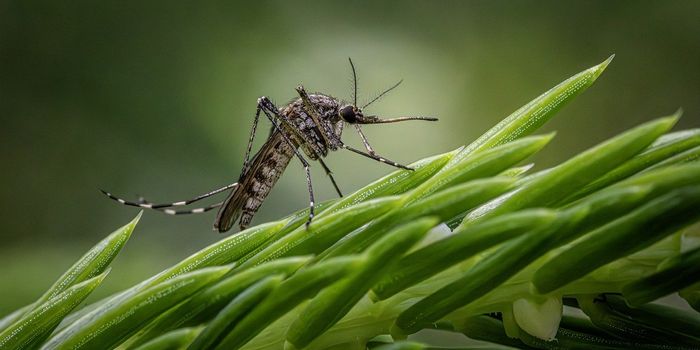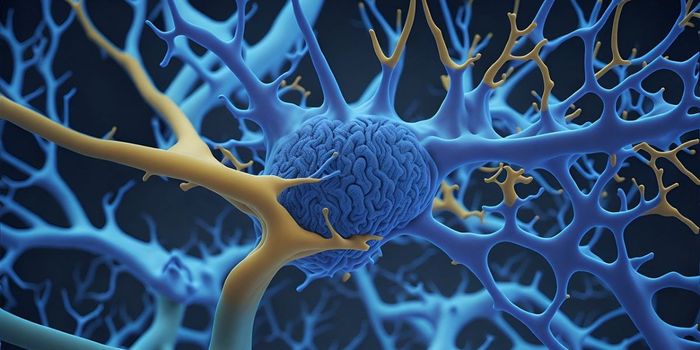Cannabis Use in First Weeks of Pregnancy May Affect Brain Activity
Researchers from the University of Alberta in Canada have found that zebrafish exposed to certain cannabinoids early in their development have lower neural activity later on than those without exposure. The researchers say the findings may indicate the effects of cannabinoids in prenatal development in humans.
There has been a lot of excitement around the potential health benefits of cannabis over the last few years as its legal status has shifted. Contrary to media narratives largely amplifying its potential benefits, however, Richard Kanyo, lead author of the present study, says there is still a lot we don’t know.
For the study, Kanyo and his team left developing zebrafish embryos in a solution of cannabidiol (CBD), tetrahydrocannabinol (THC), both or control substances immediately after fertilization. The amounts of each drug were equivalent to someone consuming cannabinoids every day for two to three weeks at the start of pregnancy.
Each embryo was left to incubate in the solution for 10 hours. This period represents a stage of development known as gastrulation when multiplying cells start to form multiple layers of tissue. Whereas in zebrafish this happens between five and 10 hours after egg fertilization, in humans it lasts for around a week three weeks after fertilization.
To see how cannabinoid exposure affected the embryos, the researchers measured their brain activity on their fourth day by measuring calcium levels in their brains, something that is higher in active neurons.
All in all, the researchers found that neural activity decreased by 60 - 70% in the THC group and over 70% in the CBD group. The decrease was higher for zebrafish exposed to solutions with both compounds. In the latter case, they found that much smaller quantities were needed of both compounds to see the same reduction in neural activity.
They added that the drop in neural activity among those exposed to cannabinoids was similar to that seen in control zebrafish bathed in MS222, a local anaesthetic that blocks neural activity.
Five days after fertilization, however, when the larvae began to slowly swim, the researchers noticed a lot of the decreased neural activity had somewhat normalized. Those exposed to CBD and THC individually presented 20% less neural activity than those unexposed, however, those exposed to both cannabinoids still had a reduction of 80% in neural activity.
The research follows earlier research also showing that early exposure to cannabinoids can have a negative impact on brain and neural activity.
“We're not saying that these compounds are bad for you,” says Declan Ali, one of the authors of the study. “I think in some contexts—pain relief or reducing seizures—there's a great potential there...However, what we're seeing is cannabis is not all good for everyone all the time and probably should not be taken during pregnancy.”
Sources: University of Alberta, Nature









